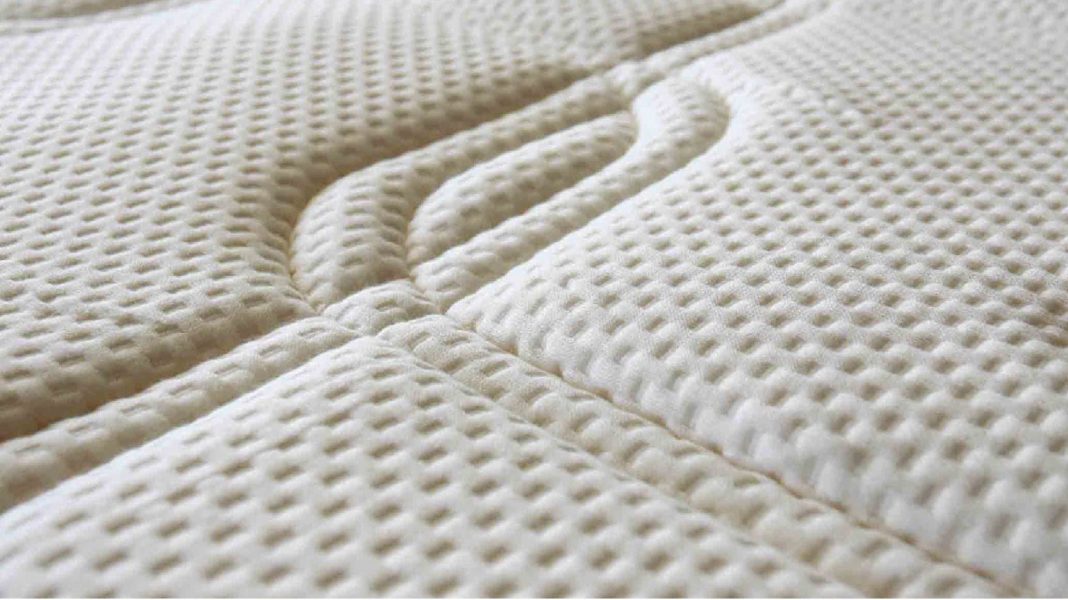How you sit might affect how you sleep
Posture has a lot to do with how we feel and how we sleep.
David Parsons, a New Glasgow Osteopath says, “In today’s world, we sit a lot, we are supposed to have a nice curve in the lumbar spine but because of tendencies to sit and hunch forward looking at screens, our posture compromises the lumbar curve which can lead to back and neck pain and inevitably, sleep issues.
“What keeps us from sleeping is what is stuck in the body,” says Parsons. “This causes the nervous system to not settle down leading to an issue with sleep.”
Everything in the body flows like traffic, notes Parsons, so if something gets caught up, it can cause things to build up. For example if you have an issue in your lower back, other areas of the body could be affected, like the neck and head.
Tension in the body and stress can mean the nervous system is too excited, another reason sleep can seem unattainable.
So Parsons prescription for a good nights sleep… “It can be different for every person, but in terms of mattresses, making sure it is firm with a soft layer will allow the body to be supported.”
“The challenging question is which position to sleep in? Eastern medicine says sleeping on the back is ideal because the organs can float. Some people sleep on the left side which can put pressure on the heart… but you also have to be comfortable…”
Everything in the body is meant to be at ease and not compressed, so during the day, while sitting, it is important to open the chest and straighten the back regularly to keep the body open.
“It is also important to strengthen the core because we are supposed to be upright. If there is more structural balance and more strength in the core, there is more ease on the body,” notes Parsons.
He says many people do not sleep well and small changes can make a big difference, even small changes in diet that can alleviate stress on the body.
“When we start to make small changes, away from things like refined sugars and processed carbohydrates, we are lightening the load and these small changes can make a difference at any age because the body is able to get a better range and circulation.”
How invested are you in your sleep?
Sleep position is as personal preference as how you take your morning coffee however there is more research into sleep position and how it affects your health. We spend about a third of our lives in bed, most of the time we are sleeping or at least trying to get a good nights rest. Investing in a good mattress can be a huge influence on sleep quality but it is often a household item where people tend to try to spend less. Mattress experts say that we should replace our mattress every ten years. So do the math and decide how much money you are willing to spend on a good nights sleep.
“A $1000 bed works out to be $100 a year, people spend a lot more on a lot less.” Vivi Chediac Chediac’s Brand Source
Here are a few tips from our local sleep and mattress pros. Nighty night!
• When sleeping, the head should be cooler, so if you can keep the head cool by allowing air to circulate, this can help with sleeping. You also want a pillow that will support your head and neck, nothing too soft. David Parsons, Osteopath, New Glasgow
• A micro gel pillow is a down alternative and can be shaped to the head and neck and helps keep the head cooler.
• When it comes to mattresses, it all comes down to support and proper alignment. Better quality foam will keep its shape and provide more support. Vivi Chediac, ChediacBrand Source, New Glasgow
• Independent pocket coil mattresses help distribute the weight evenly which can help with back pain as well as lift beds which can be adjusted for comfort. Keith Kitchen, J.R. Raheys, New Glasgow
• The best thing you can do for yourself is move into the new memory foam technology. No bed will fix back and neck pain, but they can mitigate it. The new memory foam beds will mitigate pressure and improve posture and alignment. Mike Emond, The Brick, New Glasgow
• People tend to second guess the significance of the pillow. The head is 25 per cent of the body’s weight so it is important the head be supported and pressure be reduced on the neck. Mike Emond, The Brick, New Glasgow











